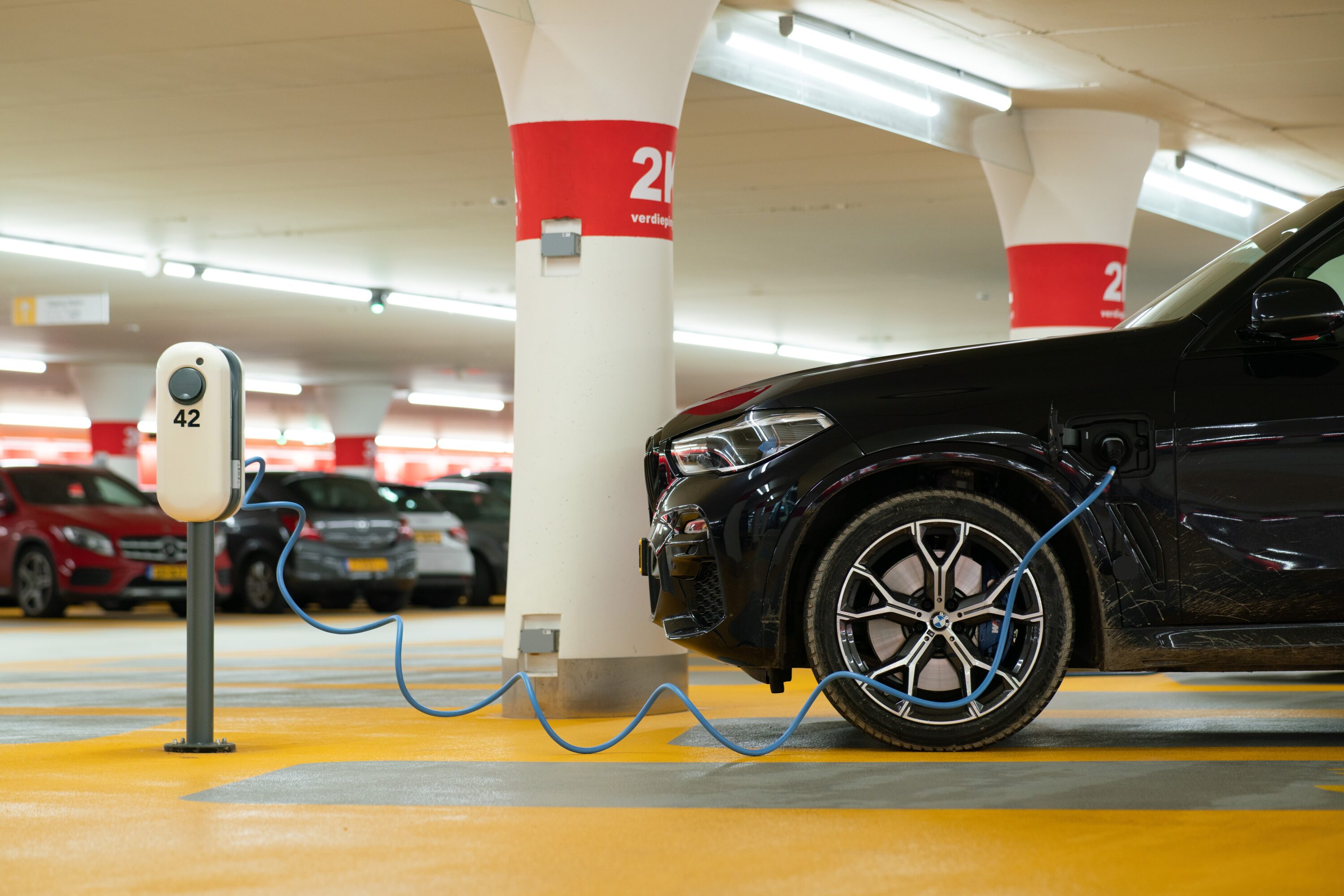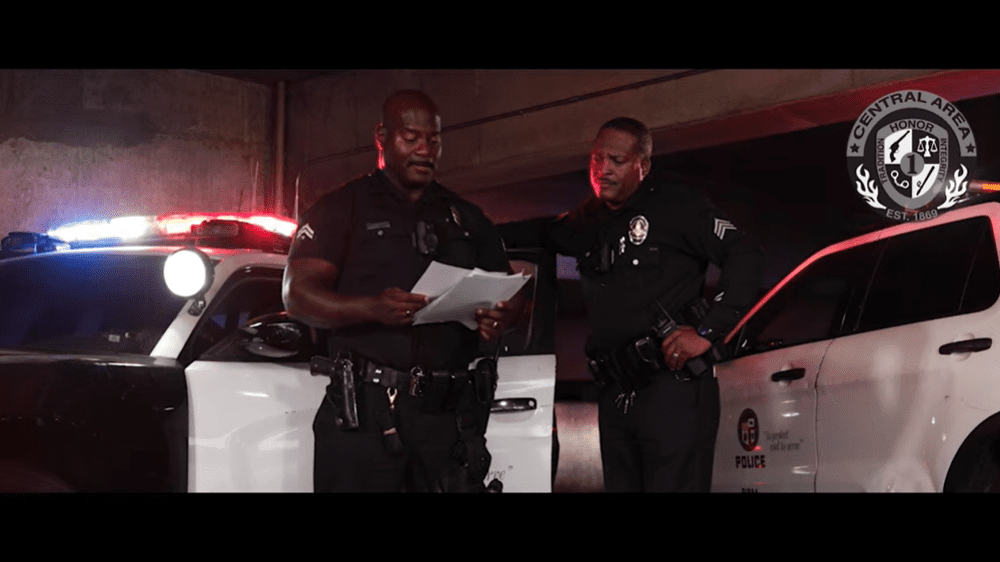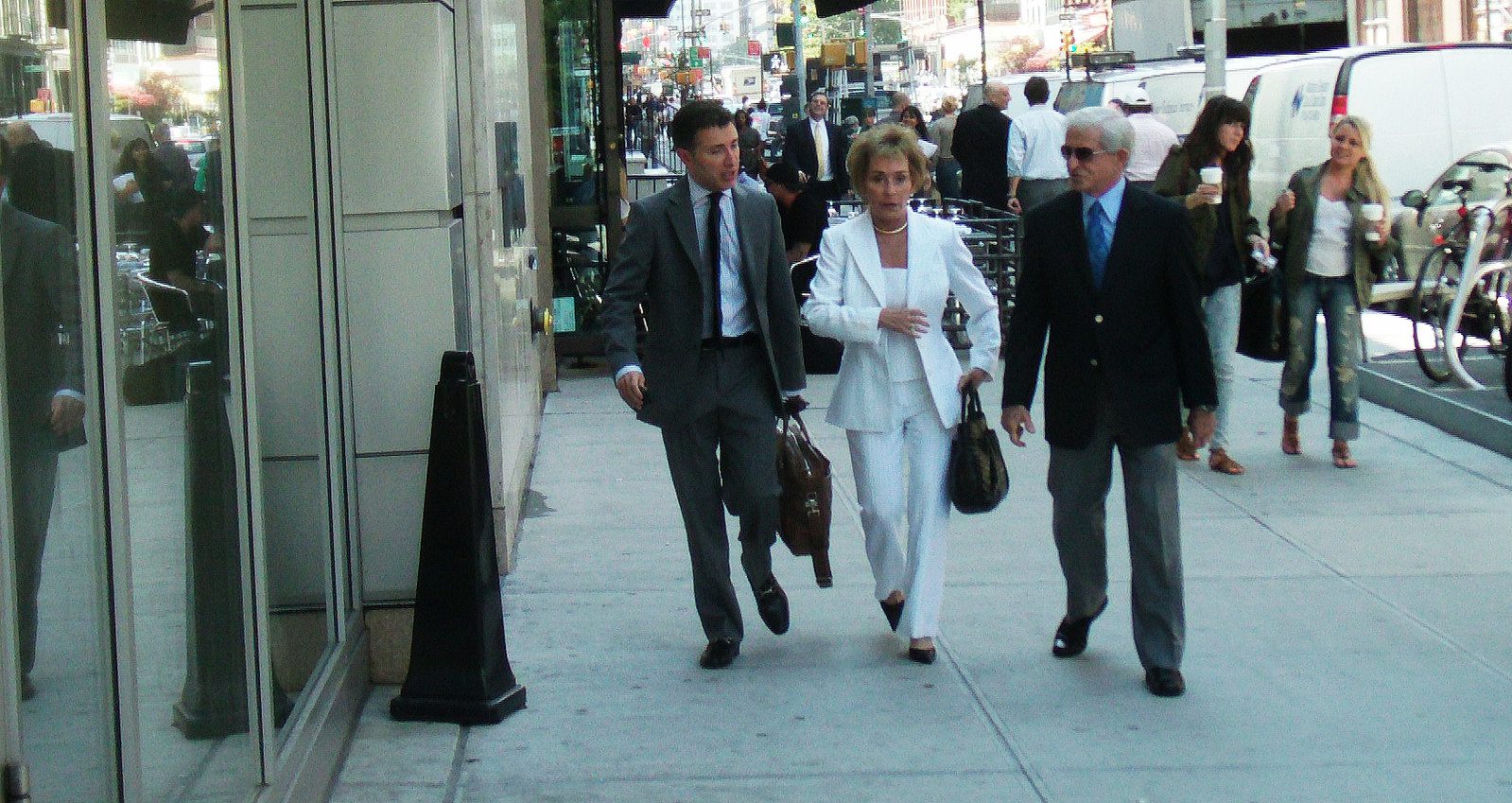The Los Angeles City Council voted Wednesday to support leveling the tax rates for electric vehicle charging companies that sell electricity, noting a potential “blind spot” in the city’s code that could make it more difficult to incentivize more electric vehicle chargers being built in the city.
The council voted 11-0 to request a report on the feasibility of an ordinance to codify the sale of electricity by such companies as retail.
Electric vehicle charging companies have been assessed varying tax rates, with some being assessed the business tax rate of $4.25 per $1,000 in gross receipts, according to a motion filed by Councilman Paul Koretz. The rates vary depending on how the companies sell the electricity for EV usage and any subsidies.
“Unfortunately, this also means that gross receipts rate that EV charging stations are paying on some of their revenue is greater than the gross receipts rate paid by gas stations,” Koretz said at Wednesday’s council meeting. “And that’s certainly not a good way to incentivize EVs.”
Koretz’s motion calls for companies to be taxed at $1.27 per $1,000 in gross receipts, the same rate as gas stations.
“We’re actually double charging the incentive of this ability to purchase and maintain electric vehicle ownership,” Councilman Mitch O’Farrell said. “We want to do the opposite and encourage everyone … to get into this business because it’s going to have an all-hands approach.”
For the city to meet its goal of achieving 100% zero-emission vehicles by 2050, it will need to increase the number of electric vehicle chargers by a factor of 33 by 2030, according to the motion.
“Incentives, infrastructure, consumer awareness, and fleet electrification are all needed to meet LA’s electric vehicle goal,” the motion states. “The rollout of EV infrastructure through various city interventions and incentives will be critical to meeting our long-term emissions goals.”
Koretz, citing a recent Stanford University study that found a majority of electric vehicle owners charge their vehicles overnight, said that could lead to an overtaxing of the state’s electrical grid. Increasing the number of stations that support daytime charging could reduce that impact, according to Koretz.
“This effort signals to EV charging companies who are already here — and those who are considering coming to LA — that our city is serious about creating a business climate conducive to a sustainable future,” Koretz said.
O’Farrell, who chairs the council’s Energy, Climate Change, Environmental Justice, and River Committee, said the motion was an effort to remove obstacles on the path to achieving the city’s clean energy goals.
“What happens is the behemoth of bureaucracy really gets in the way,” O’Farrell said. “And it’s so important, if we are to reach our imperative of complete renewable energy by 2035, we have to be master sleuths and look at the deficiencies in codes and ordinances.”







